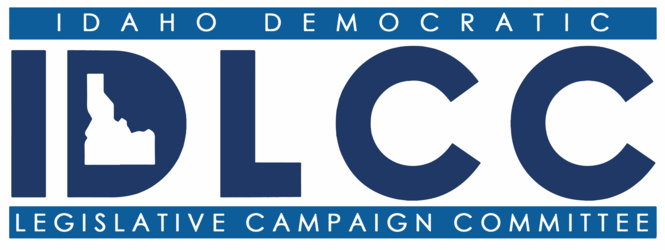On Tuesday, Gov. Brad Little announced the state would end its participation in all federal pandemic unemployment compensation programs on June 19, causing further damage to Idaho’s working families, who have endured more than a year of financial hardship.
Certain industries, especially those that rely on large in-person gatherings, are still struggling to rebound. Gov. Little has turned his back on workers in struggling industries, as well as self-employed Idahoans who will be cut from benefits under his decision.
“Unemployment benefits, by definition, are a fraction of what people earned before they lost their job. The enhanced benefit helps families keep up with rent, utilities, groceries, and other basic necessities while they find their next job,” Asst. House Democratic Leader Lauren Necochea said. “Gov. Little’s decision shows that he is out of touch with working Idahoans.”
This disappointing move comes just days after the Idaho Legislature passed a huge income tax cut for the rich and profitable corporations, leaving behind Idahoans experiencing financial distress. That strain is only worsened by the lack of affordable housing and child care in Idaho, as well as the closure of many centers struggling amid the pandemic. If we want Idahoans back at work, we must address the other systemic problems in our state first.
It is not uncommon for employers to have difficulty finding workers as we come out of a downturn. People have switched industries or may have left the workforce because of caregiving duties. While some employers may assume they can continue to pay pre-pandemic wage rates, doing so puts them at a competitive disadvantage.
“Gov. Little’s administration is supposed to be enforcing Idaho’s stringent laws requiring those receiving unemployment insurance to look for and accept suitable work, so that’s not the problem. The problem is too many service-sector jobs come with a $3.25 per hour minimum wage requiring people to rely on tips to pay for child care and still make a living. Yet restaurants and other establishments still aren’t back to pre-pandemic levels, meaning reduced tips. What’s wrong with this picture? Huge income tax cuts for the rich, no property tax cuts desperately needed by everyone else, and now, less unemployment insurance. The Republicans need to do better than take from those in need to give to those who do not,” Asst. Senate Democratic Leader Grant Burgoyne said.
Research showed the enhanced benefit of $600 per week that was available earlier in the pandemic had little to no impact on employment. The current enhanced benefit is only $300 per week.
“Too many low wage workers do not have access to affordable child care. We cannot forget that the pandemic caused the shutdown of approximately 220 child care centers in Idaho. Well-paid workers even struggle to afford child care, and the lower wage earners are in an even tougher predicament,” added Senate Democratic Caucus Chair Janie Ward-Engelking. “People cannot go back to work if they do not have child care or children back in school full time.”


Recent Comments